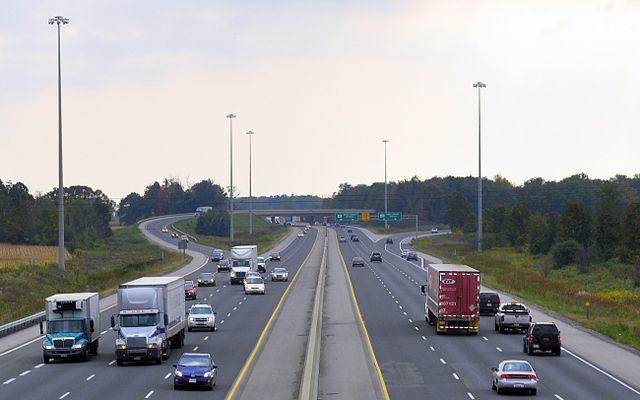Highway vs Freeway
Highways and freeways are both types of roads, but they have some key differences. Highways connect major cities and are usually more crowded, while freeways are designed for faster travel without much traffic. The main differences between highways and freeways include the nature of traffic, speed, and the presence of intersections and tollgates. Both types of roads are designed to make transportation more convenient.
What is a Highway?
Highways are roads where you cannot travel at very high speeds and you must limit your speed. They often pass through crowded areas and have many intersections, which contribute to their congested nature. The presence of numerous intersections and tollgates also means that there may be traffic signals on highways. Highways typically have between 2 and 4 lanes throughout.
What is a Freeway?
A freeway is essentially a toll-free express highway. You can travel at higher speeds on a freeway, as long as it is within the allowed speed limit. Freeways rarely pass through crowded areas, making them a better option for long-distance travel. Unlike highways, freeways do not have intersections or tollgates, which means there are no traffic signals. This allows for an uninterrupted journey. Freeways often have up to 6 lanes throughout, which helps reduce congestion.
Key Takeaways
- Highways connect major cities and have intersections, while freeways are designed for faster travel without intersections or tollgates.
- You must limit your speed on highways, but freeways allow for higher speeds within the allowed limits.
- Freeways typically have more lanes than highways, which contributes to less congestion and faster travel.
